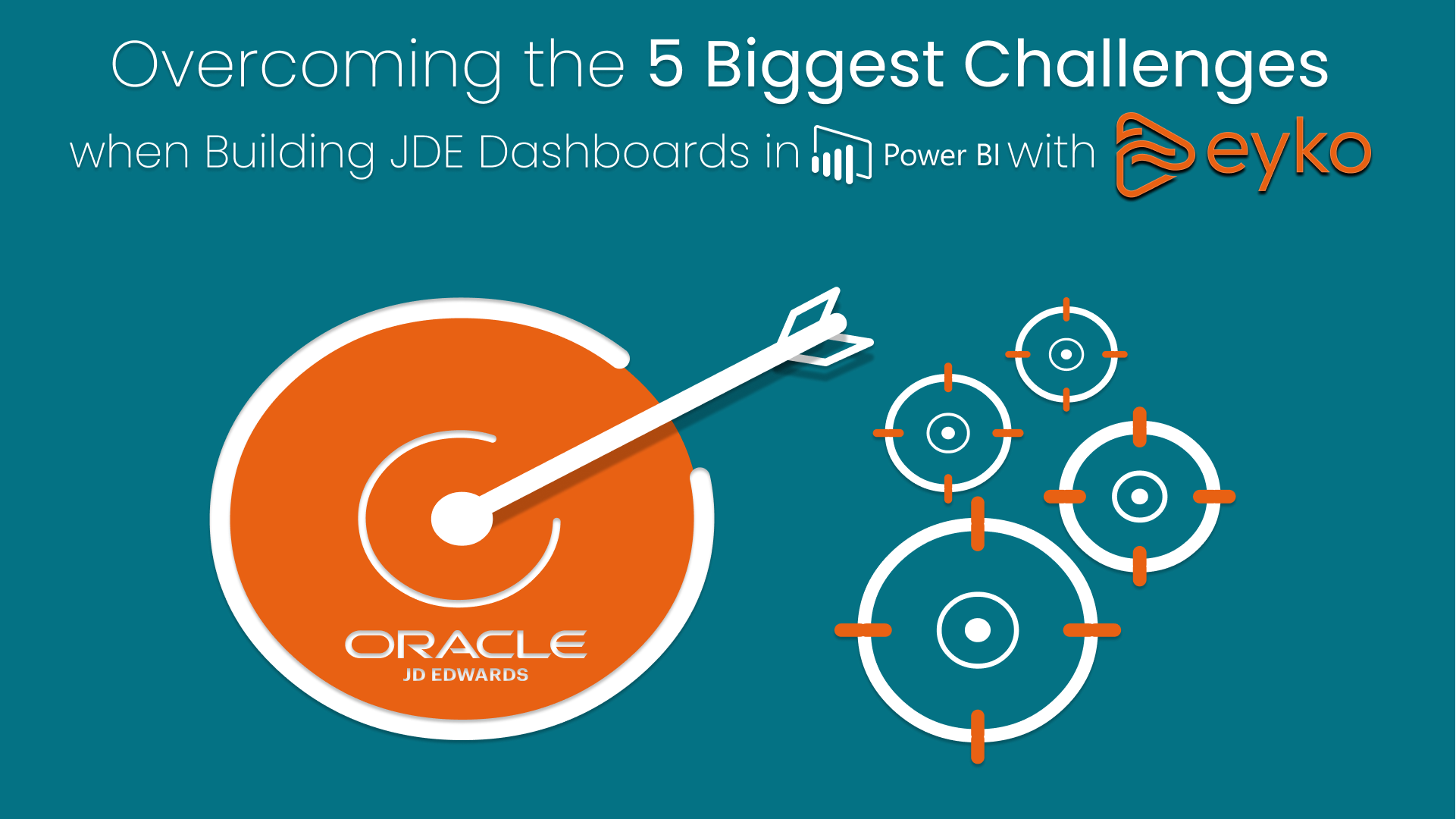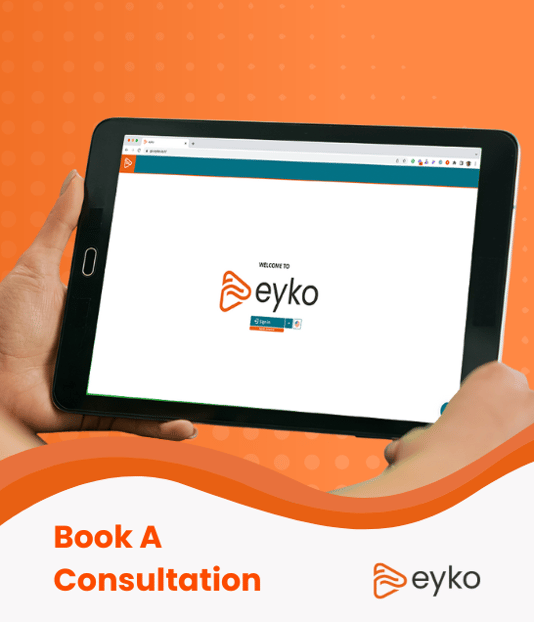Navigating Multiple ERPs : A Fresh Perspective on ERP Consolidation
Introduction
In today's fast-paced and ever-evolving business landscape, the prevalence of multiple Enterprise Resource Planning (ERP) systems within organizations has become a common reality. Whether stemming from historical decisions, complex operational needs, or acquisitions, managing this array of disparate systems can often feel like navigating a labyrinth. What exacerbates this challenge is that these ERP systems frequently exhibit distinct data models and chart of accounts structures, creating a formidable barrier to obtaining a comprehensive, consolidated view of the organization's performance. Enter eyko, an innovative ERP-specific data platform that is redefining the paradigms of ERP consolidation.
The Challenge of ERP Consolidation
The endeavor of consolidating ERP systems presents formidable challenges for businesses across industries. At the forefront of these obstacles is the need to reconcile transactional data at an exceptionally granular level, far beyond the capabilities of traditional consolidation methods. Furthermore, these approaches fall short in providing the depth and breadth of insight required for driving true operational efficiencies.
Compounding these complexities is the prevalence of varying chart of account structures that exist across multiple ERP systems. Each of these systems may have evolved independently, leading to a unique set of accounts that defies standardization. This divergence in chart of accounts structures further exacerbates the challenges faced by companies, making it a herculean task to ensure consistency and coherence in their financial analysis and reporting.
The Limitations of Traditional Solutions
Historically, organizations grappling with ERP consolidation have resorted to two primary methods: the versatile yet insufficient Excel spreadsheets and specialized financial consolidation software. Excel, while widely used, quickly proves inadequate when dealing with the massive volumes of transactional-level data generated by modern businesses. Manually manipulating and consolidating data in Excel is not only time-consuming but also inherently error-prone, and it struggles to keep pace with the demands of real-time reporting and analysis.
On the other hand, specialized financial consolidation software has provided some respite by automating large-scale consolidation processes. These solutions are well-equipped to handle extensive financial datasets and offer advanced features for reporting and analysis. However, they are primarily tailored to balance-level consolidation, lacking the agility and versatility required to effectively manage transactional-level data. Consequently, companies are left with a fragmented perspective of their operations, unable to attain the operational efficiencies they fervently seek.
The Rise of eyko and Similar Solutions
Thankfully, a new generation of solutions has emerged to address these shortcomings, spearheaded by eyko. These groundbreaking platforms are revolutionizing ERP consolidation by offering a comprehensive and agile approach. eyko empowers companies to seamlessly operate with different ERP systems while harmonizing data into a single, unified chart of accounts structure. This harmonization not only ensures consistent reporting and analysis across the organization but also obliterates the discrepancies that arise from navigating multiple chart of accounts structures.
What sets eyko apart from its predecessors is its remarkable capacity to operate at the transactional level. Unlike traditional approaches that rely on aggregated balances, eyko adeptly captures and consolidates granular data. This approach provides a panoramic view of a company's financials and operations, enabling businesses to identify intricate patterns, uncover hidden insights, and make informed decisions founded on precise, up-to-the-minute information.
The Benefits of eyko for ERP Consolidation
The implementation of eyko for ERP consolidation ushers in a host of compelling benefits:
- Enhanced Data Accuracy: Eyko elevates data accuracy to unprecedented heights. By consolidating transactional data from multiple ERP systems, Eyko eradicates discrepancies stemming from manual processes or incompatible systems. This heightened accuracy enhances the credibility of financial reporting and analysis.
- Streamlined Reporting and Analysis: Eyko's unified chart of accounts structure simplifies the process of generating standardized reports and conducting comparative analysis. This streamlining significantly reduces the time and effort expended on manual consolidation, empowering finance teams to allocate their resources to more value-added activities.
- Unparalleled Operational Insights: Eyko's transactional-level consolidation unlocks a treasure trove of operational insights that were previously obscured. By delving into granular data, companies can discern trends, identify anomalies, and pinpoint opportunities for process enhancements, ultimately fostering operational efficiencies.
- Freedom to Optimize ERP Systems: Eyko grants companies the flexibility to select the most suitable ERP systems for each business unit or function. This newfound freedom enables organizations to leverage specialized systems tailored to their unique requirements while still enjoying the benefits of a consolidated perspective on their operations.
Conclusion
In the dynamic realm of ERP consolidation, eyko and akin solutions have inaugurated a new era defined by operational efficiency and informed decision-making. By establishing a virtual single ERP system characterized by a unified chart of accounts structure, eyko empowers accurate reporting, seamless analysis, and access to transactional-level data. Companies can now actualize the operational efficiencies they ardently desire while harnessing the capabilities of the best ERP systems tailored to their unique needs.
As the landscape of ERP consolidation continues to evolve, solutions like eyko illuminate the path to seamless integration, heightened insights, and optimized operations. Embracing these innovations transcends being a mere choice; it becomes a strategic imperative for companies aspiring to flourish in an intricate and data-centric business environment. The era of eyko is not merely upon us; it is redefining the very essence of ERP consolidation.
Share this
You May Also Like
These Related Stories

Overcoming JDE Power BI Challenges with eyko

How is eyko disrupting the analytics market landscape?

